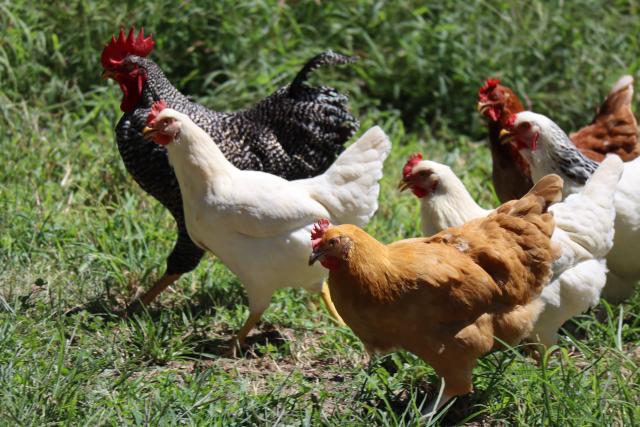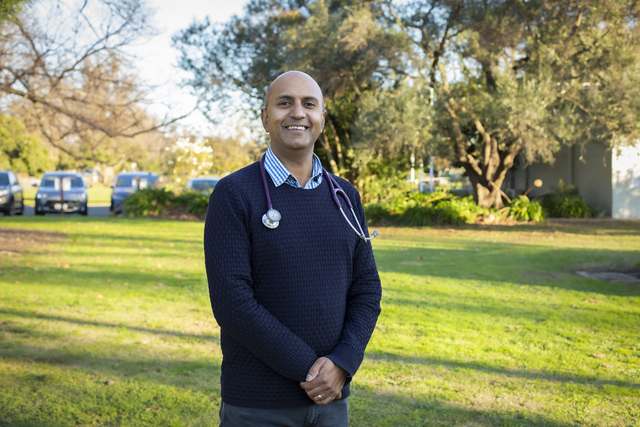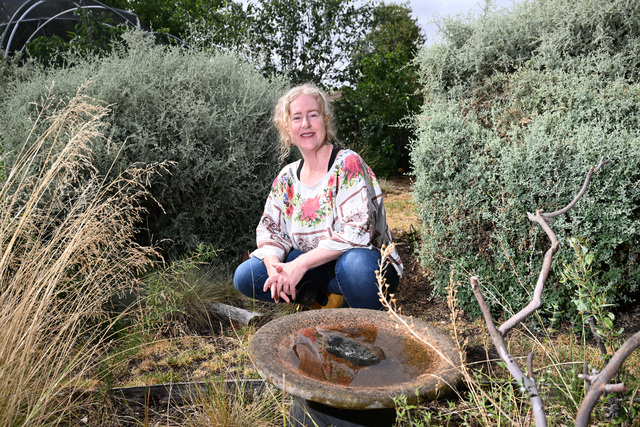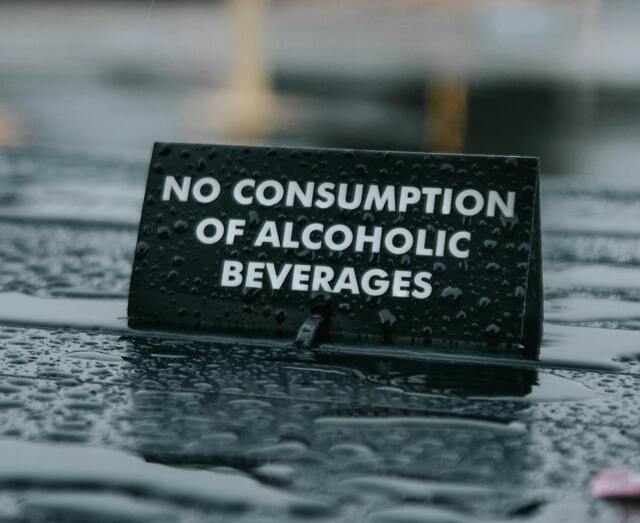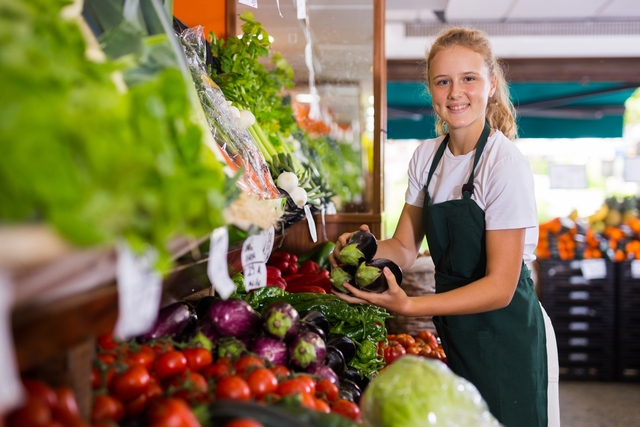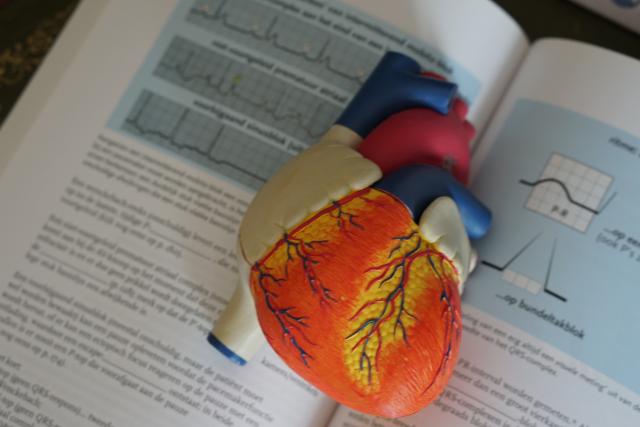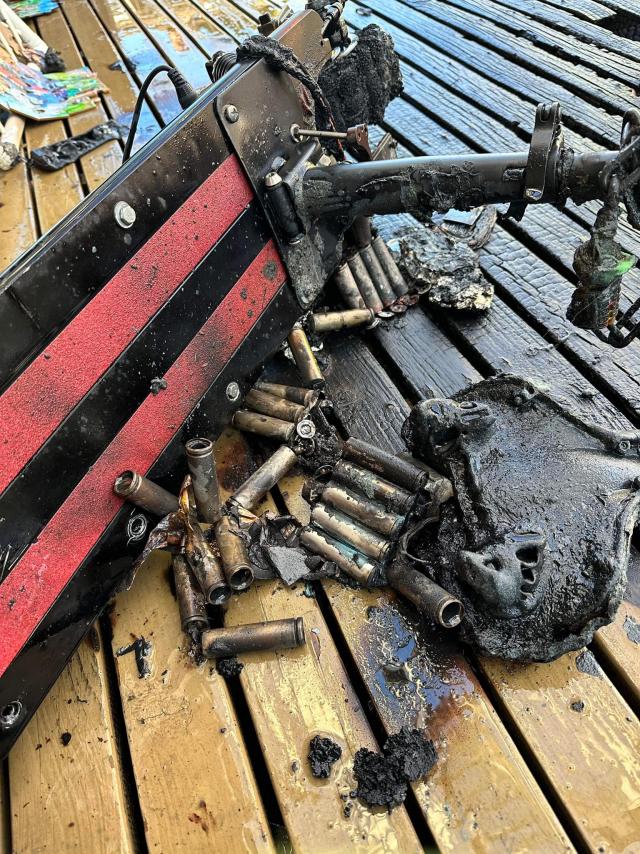Agriculture Victoria is continuing to respond to the detection of high pathogenicity avian influenza at eight poultry farms in the state, with no new infected properties identified since June 24.
State government staff have completed more than 5000 surveillance activities, including property visits, phone calls and dead bird collections, and have tested over 16,300 samples.
Agriculture Victoria staff are continuing to work with affected properties supporting decontamination, egg and litter disposal activities.
A comprehensive surveillance program of all of the commercial poultry farms in the area is also underway.
To manage the affected areas, a housing requirement is also in place, meaning all birds in the restricted area or control area near the infected properties must remain in their enclosures, to prevent contact with wild birds.
State chief veterinary officer Dr Graeme Cooke said that bird owners provide essential support in preventing further outbreaks.
“We appreciate that in these areas it’s not always easy to have your birds housed and we thank bird owners for their essential support to prevent the spread of this disease, as the risk of the disease remains,” Dr Graeme Cooke said.
“I’d also like to acknowledge the poultry industry for their ongoing assistance as we work to eradicate avian influenza from Victoria,” he said.
Infected properties continue to be decontaminated and the risk of infection removed, as Agriculture Victoria works towards achieving freedom of avian influenza for Victoria’s poultry industry.
Agriculture Victoria has urged poultry farmers, backyard flock and bird owners to report any cases of unexplained bird deaths to the VicEmergency Hotline on 1800 226 226.
While cases among humans in direct contact with animals infected with highly pathogenic avian influenza viruses are possible, the current risk to the public remains low.
If you have had contact with birds on an affected property and you are experiencing cold or flu symptoms, call your doctor or the Department of Health.
Details: agriculture.vic.gov.au/avianinfluenza.

